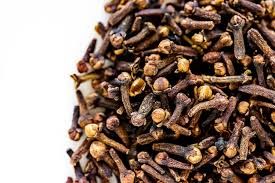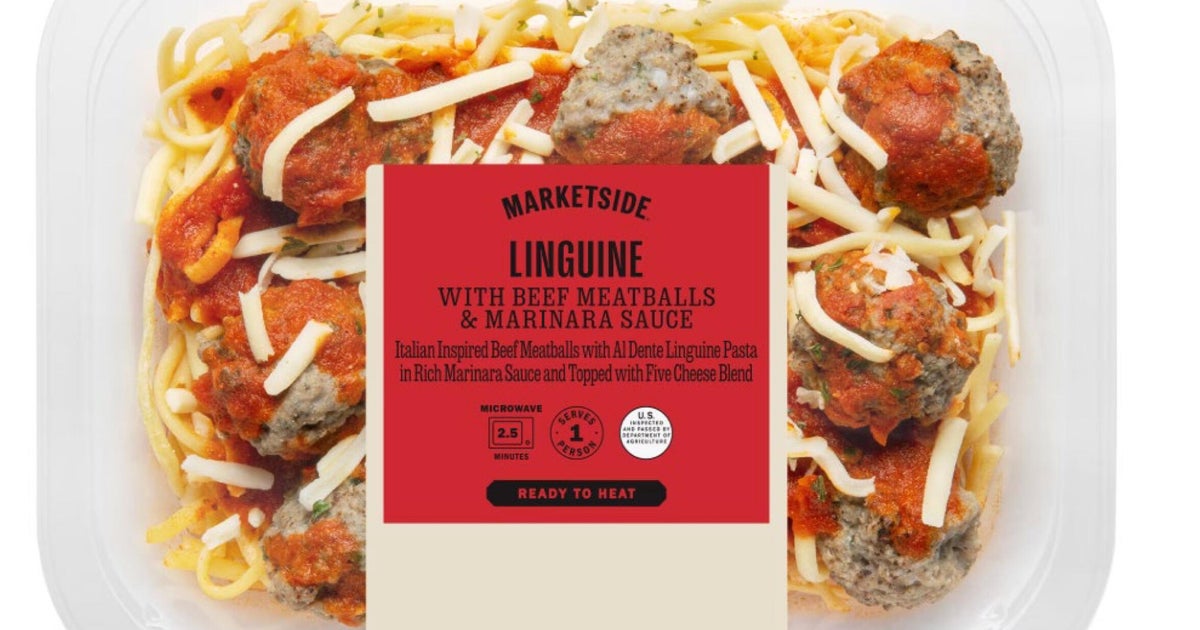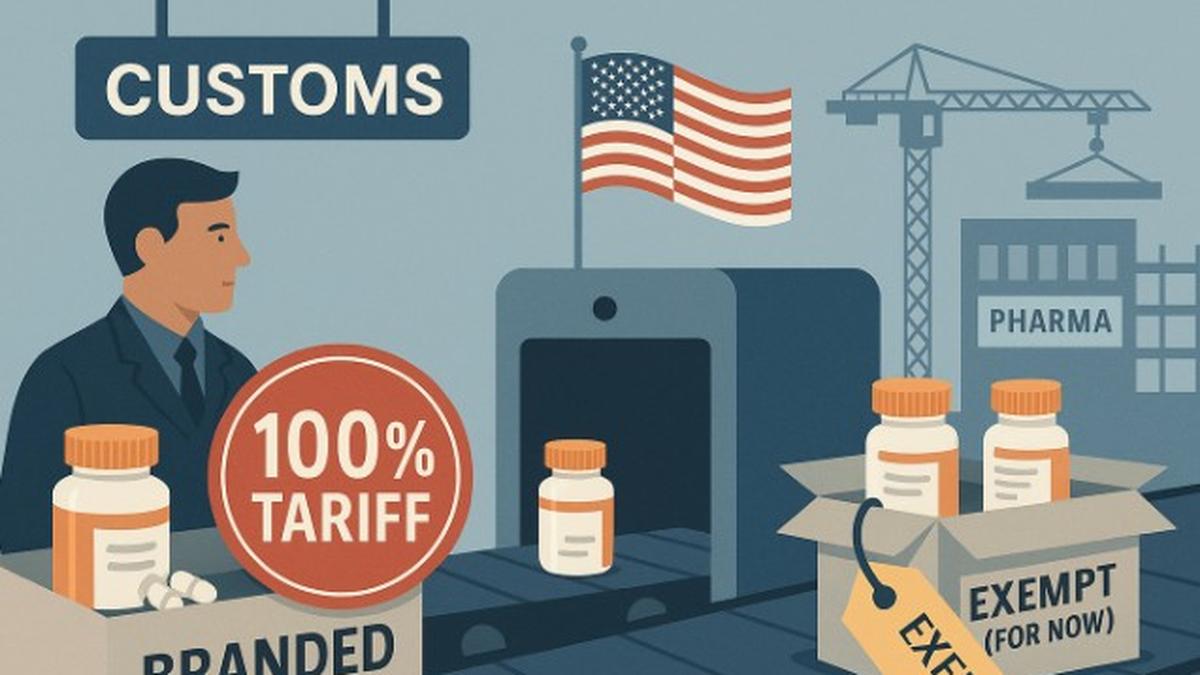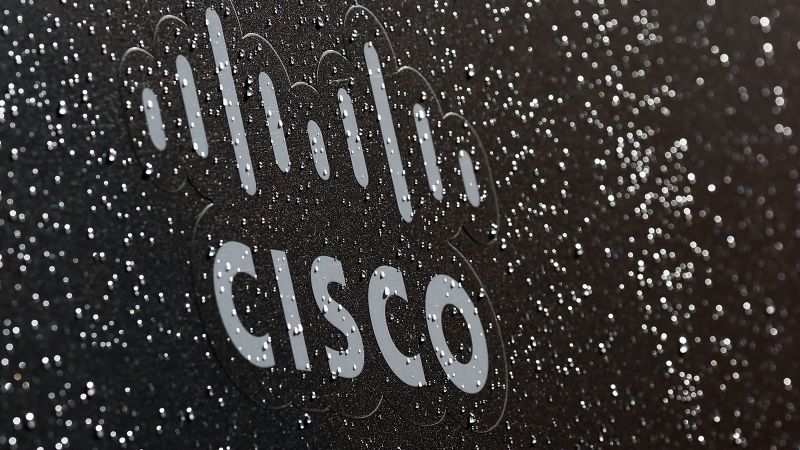Shocking Discovery: Radioactive Contamination Found in Popular US Foods!

In a startling revelation, federal regulators have uncovered potential radioactive contamination in not one, but two food products imported from Indonesia. This alarming news comes as the list of recalled shrimp continues to grow, raising serious questions about food safety.
Last week, officials from the US Food and Drug Administration (FDA) took decisive action by blocking all imports of spices from PT Natural Java Spice of Indonesia after cesium 137—a radioactive isotope known for its hazardous origins—was detected in a shipment of cloves sent to California. This discovery follows an import alert issued in August for PT Bahari Makmur Sejati, a massive supplier of shrimp that sends millions of pounds to the US each year.
So, what exactly is cesium 137? This isotope is created as a byproduct of nuclear reactions, arising from activities like nuclear bomb tests, reactor operations, and accidents. While cesium 137 can be found in trace amounts in the environment—including soil, food, and air—its presence in food items raises significant public health concerns.
U.S. Customs and Border Protection (CBP) officials flagged shipments from PT Bahari Makmur Sejati after detecting cesium 137 in several containers of shrimp at various U.S. ports. Following this alert, the FDA tested samples and confirmed the presence of cesium 137 in a sample of breaded shrimp. This company has sent approximately 38 million kilograms of shrimp to U.S. ports this year alone, accounting for about 6% of all foreign shrimp imports.
In a separate incident, the FDA confirmed that cesium 137 was also found in a sample of cloves exported by PT Natural Java Spice, which has shipped around 200,000 kilograms of cloves to the U.S. this year. Fortunately, FDA officials reassured the public that no contaminated food has been released for sale in the U.S. Yet, the agency has recalled hundreds of thousands of packages of imported frozen shrimp sold at major grocery chains like Kroger due to potential contamination risks.
While the risk to consumers appears minimal, prolonged exposure to even low levels of cesium 137 could pose a potential health concern, including an increased risk of certain cancers. Investigations into the source of the contamination are ongoing, with FDA and CBP officials exploring a possible link between the shrimp and spice shipments. Interestingly, the two processing facilities involved are located approximately 500 miles apart in Indonesia.
The International Atomic Energy Agency suggests that contaminated scrap metal near the shrimp processing plant may be responsible for the radioactive material. Furthermore, nuclear regulators in Indonesia have reported the detection of cesium 137 at an industrial site outside Jakarta. It's also possible that contamination could stem from recycling old medical equipment containing cesium 137, according to Steve Biegalski, a nuclear medicine expert from the Georgia Institute of Technology.
For now, the FDA advises consumers to steer clear of any recalled shrimp products. As more updates unfold, the importance of food safety and rigorous inspections has never been clearer.

























